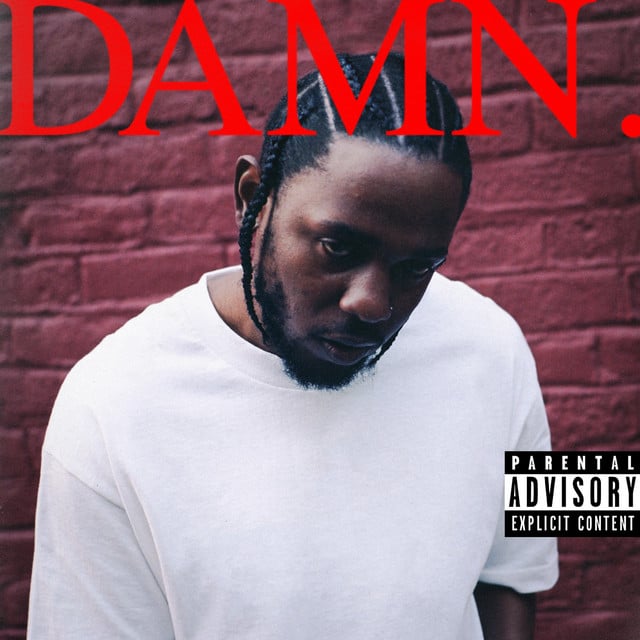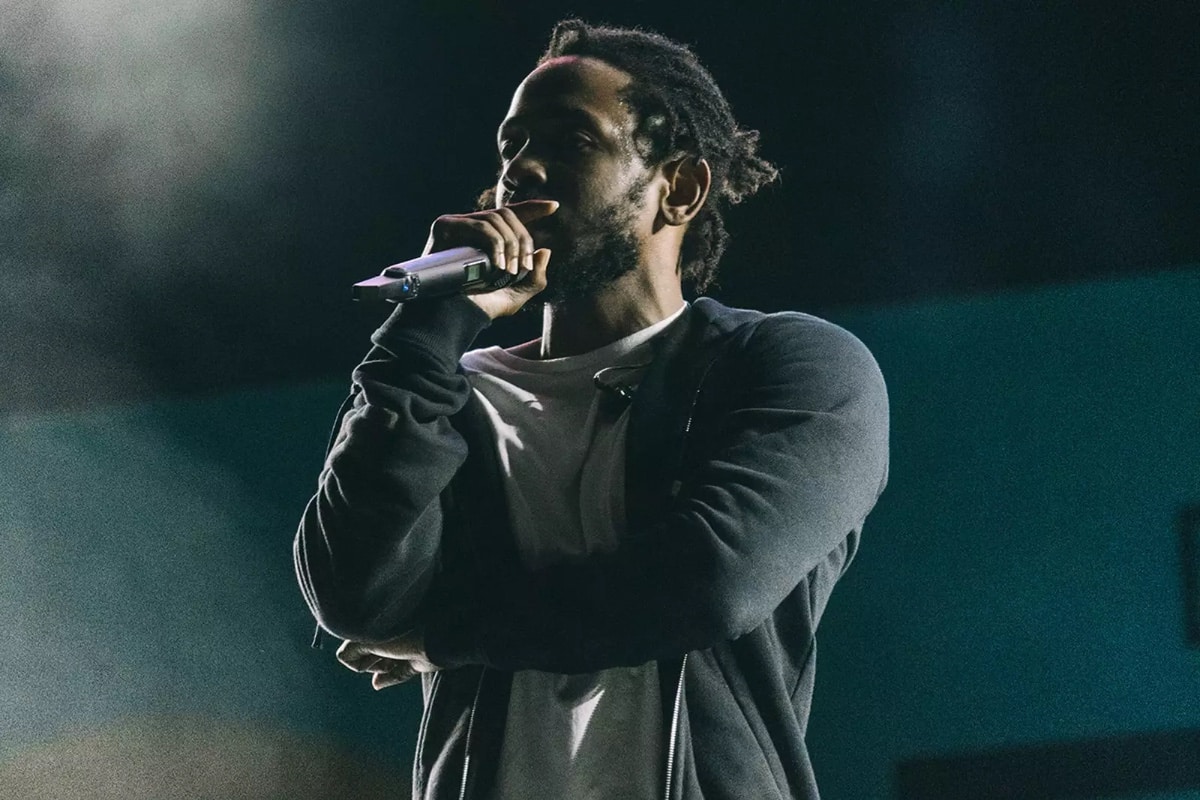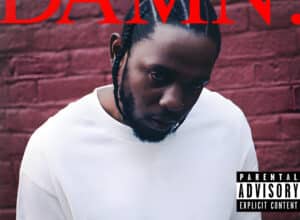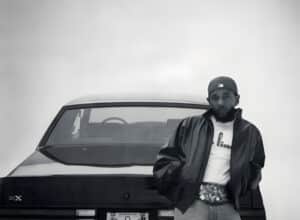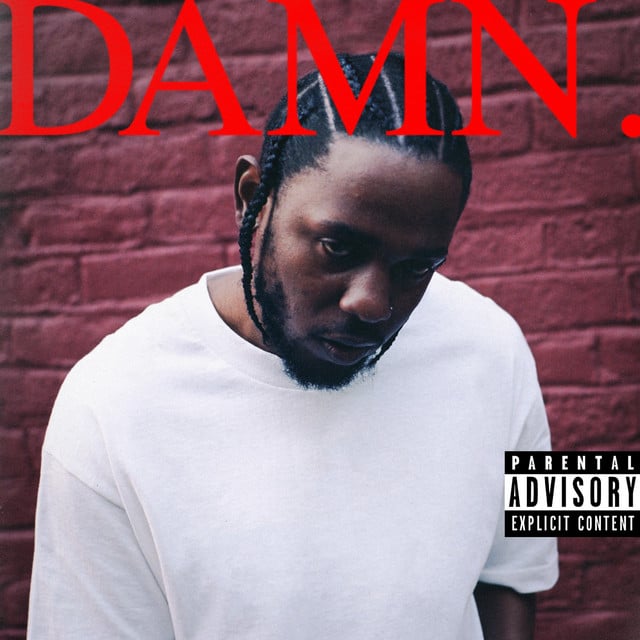Released: 2017
Ayo, Kendrick Lamar’s track “PRIDE.” is a deep dive into the internal conflicts and philosophical musings over the human condition, all laced into a poetic piece about the split between love and pride. K-Dot’s precision puts a spotlight on the destructiveness of both these emotions amongst personal and societal flaws.
Right off the bat, Kendrick’s spitting about the deadly double-edged sword of love and pride. “Love’s gonna get you killed, but pride’s gonna be the death of you, and you and me,” he says, laying down the premise that both can lead to one’s downfall, can lead to mad drama in the streets and in relationships.
Then he hits us with some self-reflection: “Me, I wasn’t taught to share, but care.” That’s Kendrick touching on his upbringing, suggesting he was taught to have compassion, but not necessarily to spread his possessions or love around. It gives us a glimpse into his personal ethos and the OG lessons he’s carrying with him.
Kendrick then gets into the grind, the constant chase that life often feels like: “Hell-raising, wheel-chasing, new worldly possessions.” He’s asking the listener what’s more important, material gains or spiritual integrity, prompting a self-check on what weighs more in our own lives.
And that line, “Happiness or flashiness? How do you serve the question?” is classic Kendrick, always provoking that reflection on what’s truly valuable.
Then, my man gets super real about his distrust in people, explaining how he puts his faith in the music, in the bars he writes. He admits to his own imperfections and expresses a reluctance to get too close, suggesting a past filled with hurt. He’s talking about being numb to others’ feelings, acknowledging how defense mechanisms can make someone cold – numbing like a “cold thumb.”
Moving to the second verse, Kendrick flips the script on what he might have been like, had the world been different. He’s talking about being sensitive to others, not holding grudges or blame – but that’s in an ideal world, something we all know ain’t the case.
In a play on words, he talks about the “cold stares” and the temperature dropping, hinting at both the literal and metaphorical chill that can exist between people. Kendrick digs deeper into societal issues now—talking about how pride can poison relationships and how the idea of a “perfect world” is a facade filled with lies and broken promises.
He tackles heavy subjects like racial prejudice and suggests that such barriers diminish us all. In a perfect world, he’d put faith, hard work, and unity above all else, turning the system on its head to make a real change — like flipping schools and prisons, merging all religions to acknowledge our flaws in front of a perfect divinity.
Throughout “PRIDE.”, Kendrick Lamar is both confessing and teaching, using his unique voice to bridge personal experience with broader social commentary. He’s laying it all bare, the struggles, the imperfections, even the harsh truths about how we live and coexist.
It’s a track that doesn’t shy away from calling out the raw aspects of human nature while pushing us to think about the ways we could elevate above the mess — if only the world was, you know, perfect.
